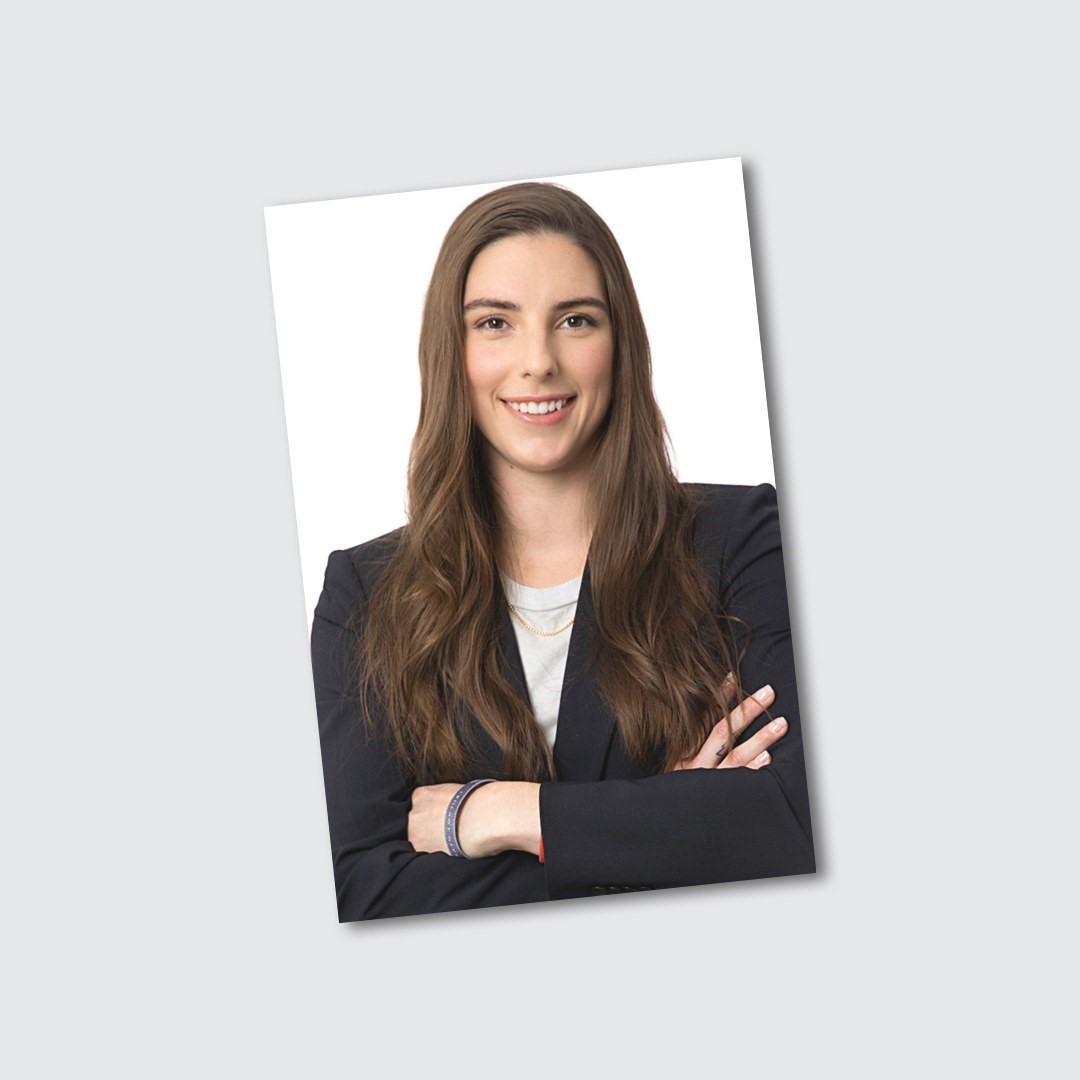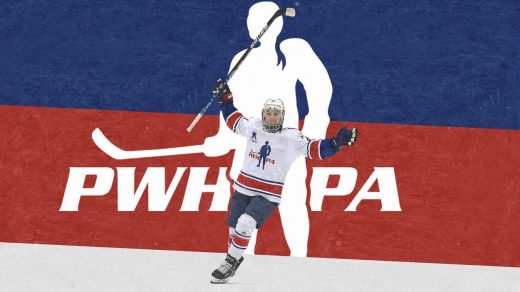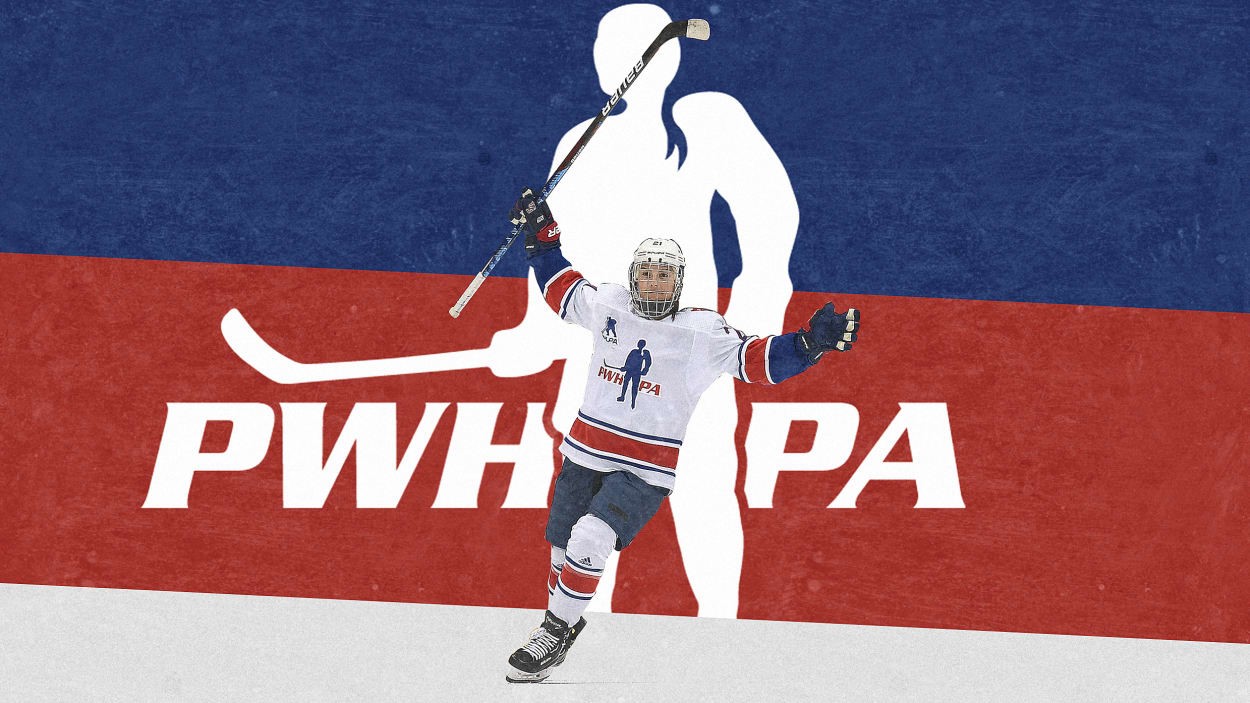Hockey star Hilary Knight on the launch of a new Billie Jean King-backed pro women’s league
A new professional women’s hockey league is poised to begin play in January 2024. In June, the Mark Walter Group—led by the Los Angeles Dodgers co-owner and his wife, Kimbra—bought out the Premier Hockey Federation (PHF) with the intention of starting a new league. Last month, they revealed the Professional Women’s Hockey League (PWHL) with a high-profile board of directors that includes tennis trailblazers Billie Jean King and Ilana Kloss along with LA Dodgers president Stan Kasten and vice president Royce Cohen. The league will feature six inaugural teams located in Boston, Minneapolis, New York, Toronto, Ottawa, and Montreal.
Interest and participation in women’s hockey has never been higher. Since 2013, USA Hockey-sponsored programs have grown by 34%, and almost 88,000 participants hit the ice in the 2021-2022 season. But despite the growing pipeline at the youth level, women’s professional leagues have struggled to gain a foothold in North America. The new PWHL is promising a new era for professional women’s hockey.

As usual, hockey phenom Hilary Knight is at the forefront. Having won nine gold medals with Team USA—a record 13 overall medals—Knight has played in the Canadian Women’s Hockey League (CWHL) and the National Women’s Hockey League (NWHL), which later became the Premier Hockey Federation.
She was also a founding member of the Professional Women’s Hockey Player’s Association (PWHPA) in 2019, which aimed to create a player-driven, sustainable hockey league. Indeed, the feud between the player’s union and the Premier Hockey Federation is what paved the way for this new league, with the PWHL ownership group acquiring the PHF. Knight and other recognizable names from the Team USA roster sat out the last five seasons in protest, with the hopes of founding something better with the players’ interest at heart. After the acquisition, Knight’s help negotiating a collective bargaining agreement between the player’s association and the new ownership group was integral.
Knight, who recently signed a three-year contract with the Boston team, shares her insight into what went wrong at previous leagues, the groundbreaking CBA, and where women’s hockey goes from here.
Fast Company: There’s been a lot of tumult in pro women’s hockey over the past decade. Why launch an entirely new league?
Hilary Knight: We just needed a fresh start. We wanted to build something substantial that had a lot of integrity with how we approach the future of the game.
FC: Can you walk us through what was happening behind the scenes?
HK: I played in the NWHL [when it launched in 2015], and that was exciting. But I realized that it was not going to bring women’s hockey to where it needed to be. I jumped back into the CWHL and was working with some different players in different industries to create a more professional landscape, and unfortunately the league folded. When I went off to the 2019 World Championships, the American and Canadian teams got together in the dining hall of a Finland hotel and we were like, What are we going to do? That’s when the PWHPA started. It was a player-led association to be able to help our players sift through the landscape. I think, in our minds, we didn’t necessarily want to build it from the ground up, but we knew we were gonna have to build this thing.
FC: How have your professional experiences informed your thoughts on this new league?
HK: I loved playing in Boston [in the NWHL from 2015 to 2017]. We were having fun. And then we stopped getting paid. I had to get an X-ray for something that happened on the ice and they didn’t want to cover it. So, I started digging. Then you pull up the curtain a little bit and you realize where the money is coming from. You can’t take money from here and put it here. To be honest, I was devastated. I had been front and center, outspoken about the league. I got players involved. And then all of a sudden, I’m like, we don’t want to be involved in this. It isn’t good.
I’ve never told this story before, but on our first road trip [from Boston to Buffalo], we didn’t have a bathroom on our bus. And we were sitting next to our hockey equipment. It was year one, so we’re like, it’s just year one. But then it became year two. So, the level of professionalism wasn’t there.
Being with Montreal in the CWHL [for the 2018-2019 season], I experienced what professional hockey operations should look like: players having a support system and amenities. I thought we could bring the CWHL to a new era of hockey, but it just didn’t work out that way.
FC: Billie Jean King helped advise you on forming the player’s association and continued to offer support and guidance in establishing a new league. What does it mean to have her involved?
HK: I’ll never forget [the first call with her]. I was on the bus leaving USA Hockey practice and I was sitting next to Kendall Coyne and we were talking to Billie. It was a pinch-me moment. And to have her in our corner gave us a lot of confidence going forward.
FC: You helped negotiate a collective bargaining agreement with the new league? What’s groundbreaking about it?
HK: We’re the first professional league to have a CBA in place before we even drop a puck or start playing, which is pretty exciting. In our sport, on the women’s side, there were associations but never a union. [The contract] offers a great start on the compensation [a minimum salary of $35,000 a year for players]. I would love to have players making multimillion-dollar contracts. We’ll get there. I don’t know what year, but we’ll get there eventually.
FC: What has it been like to be one of the best in your sport and have to go through all this upheaval in the professional leagues over the past decade?
HK: It’s been a little wild [laughs]. It’s been challenging to move to different cities and pound the pavement, but it’s worth it. I got over that feeling of being frustrated and really just pissed off about my own situation a long time ago. I made the best of it and want to make it better for others.
FC: What’s the legacy you want to leave?
HK: I want someone to fall in love with the sport, and if they want to pursue it as their career, to do that without barriers. To be able to do something like this in one lifetime is pretty incredible.
(16)



